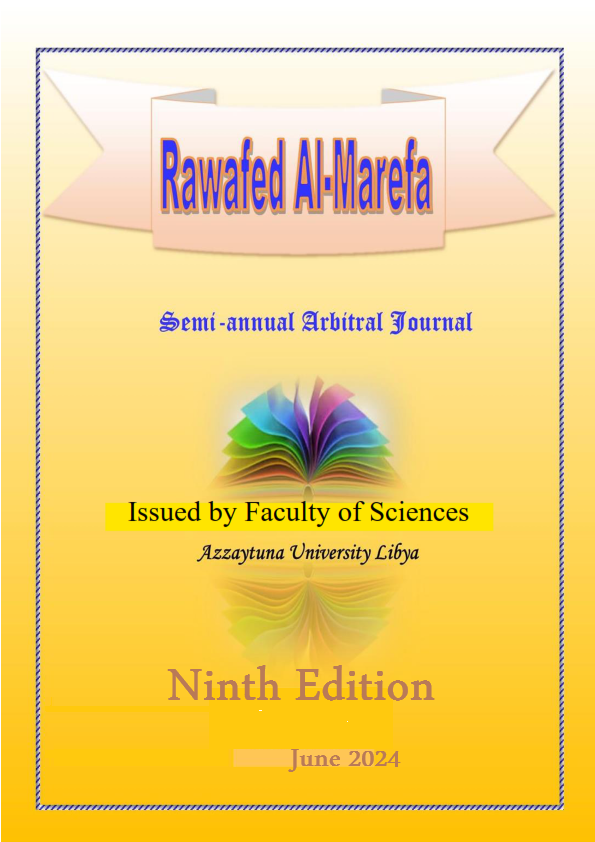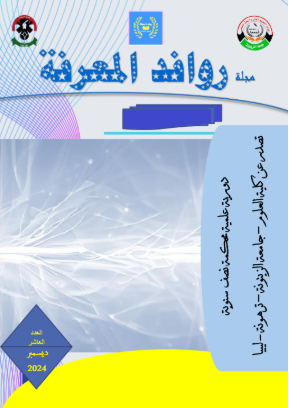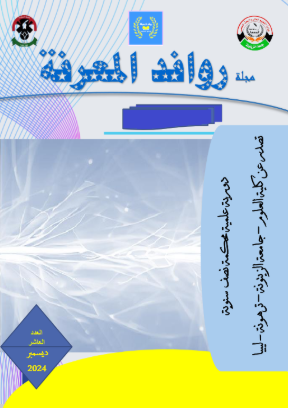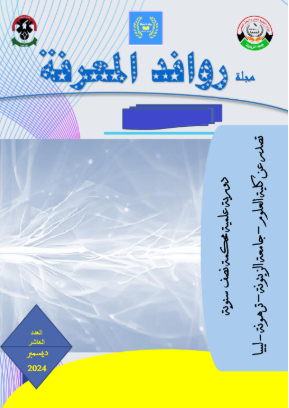Sodium Stibogluconate (Pentostam) induced Nephrotoxicity in Mice.

Pentavalent antimonials (Pentostam) (SSG) are one of the first-line drugs recommended by the Word
Health Organization (WHO) for treating leishmaniasis. The reported serious adverse effects after SSG
handling was cardiotoxicity, clinical pancreatitis and very few trials have reported renal side effects with
these compounds. The present study is aimed at evaluating the nephrotoxicity effect of sodium
stibogluconate (Pentostam) in mice. In addition to a control group, adult male albino mice were divided
into three groups, 7 mice each, and i.p. injected with 20mg/kg of pentostam for 14 days. After 14
therapeutic days. Group II, III and VI were sacrificed after 1, 3 and 6 weeks later. The mice’ serum and
kidney tissues were collected, and biochemical and histo-pathological studies were carried out.
Biochemical analysis of the serum obtained showed a significant increase in the levels of creatinine and
blood urea in group II and III when compared with control group. In parallel, the histo-pathological
assessments of the kidney tissue proved tubular necrosis. From this study, it can be concluded that the
antimonial pentostam has nephrotoxicity effect on treated mice.
أثبتت تقييمات أنسجة الكلى نخر أنبوبي.Copyright (c) 2024 Rawafed Almarefa Journal

This work is licensed under a Creative Commons Attribution-NonCommercial-NoDerivatives 4.0 International License.
All articles published in Rawafed Almarefa Journal for Natural and Applied Sciences are licensed under the Creative Commons Attribution-NonCommercial-NoDerivatives 4.0 International License (CC BY-NC-ND 4.0).
This license allows others to download and share the published work provided they credit the journal and the authors, but they may not change the content in any way or use it commercially.
The copyright for published articles remains jointly held by the journal and the author(s).
For more information, please visit:
https://creativecommons.org/licenses/by-nc-nd/4.0/










